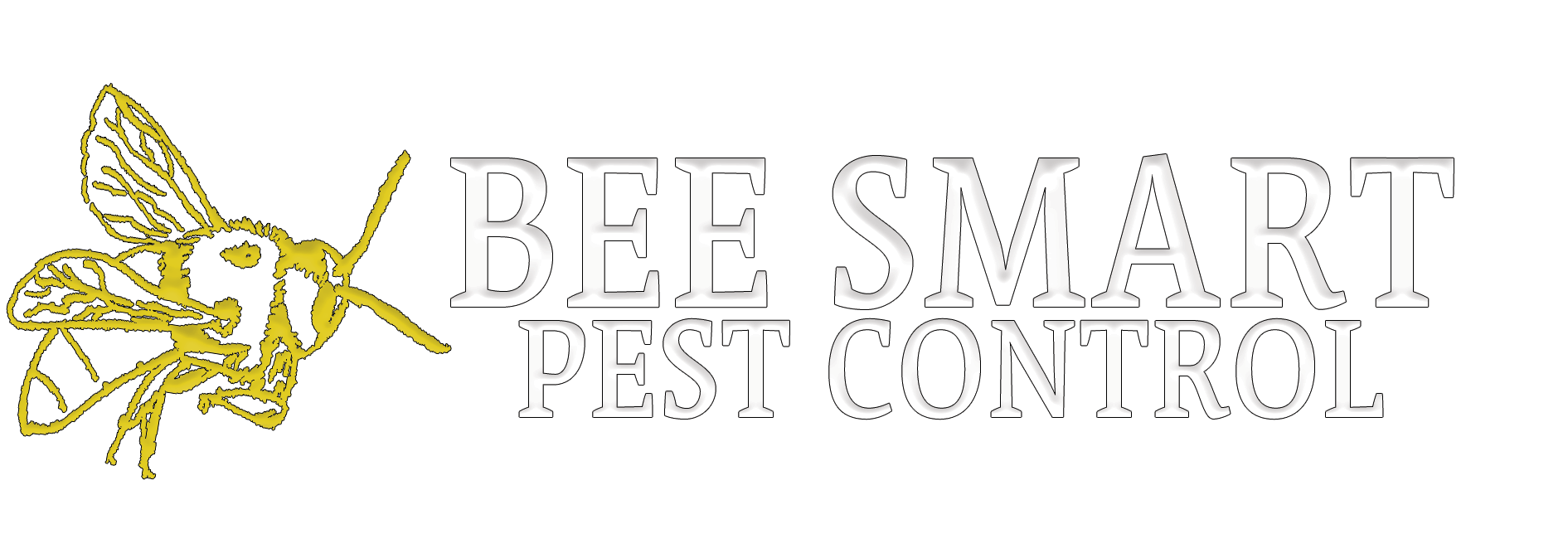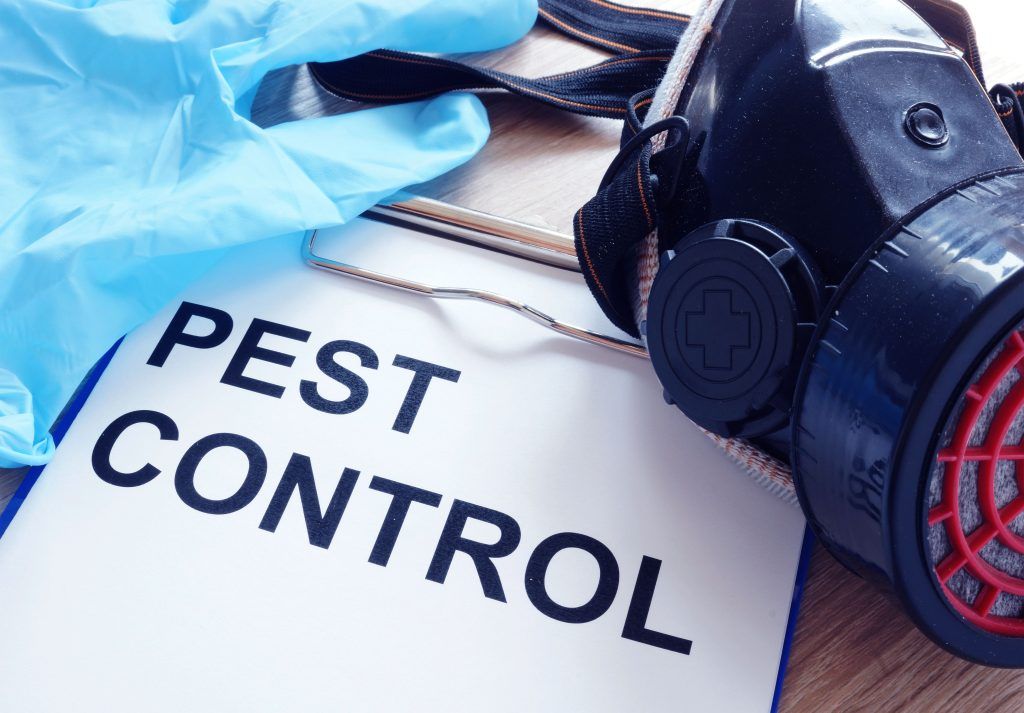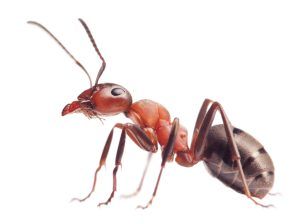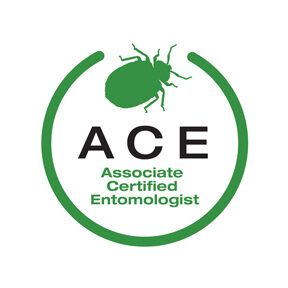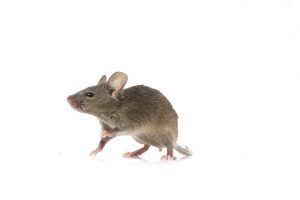Pest control serves as a vital system aimed at managing or eradicating pests that pose threats to human life and society. This multifaceted process involves employing diverse methods such as chemical treatments, physical barriers, and biological agents to mitigate pests’ adverse effects on human health, the environment, and societal well-being. Let’s delve into the significance of pest control in health, agriculture, the environment, and societal welfare.
Importance of Pest Managment in Health:
Effectively controlling pests is paramount for maintaining good health, considering that pests can harbor disease-causing pathogens that endanger human well-being. Rats, for example, can spread lethal diseases like plague and leptospirosis, while carrying fleas and ticks that trigger severe allergic reactions in humans and pets. Mosquitoes are notorious vectors of malaria, dengue fever, and other viral infections that can prove fatal. Similarly, pests such as cockroaches, ants, and pantry pests can contaminate food, resulting in food poisoning and gastrointestinal illnesses. By implementing robust pest control measures, the incidence of such diseases can be curbed by minimizing or eradicating pests’ presence. Moreover, pests like bedbugs can induce significant mental distress and sleep disturbances, contributing to stress-related ailments. Thus, a comprehensive pest control system is essential for fostering a conducive and healthy environment.
Pest Control in Agriculture:
Pest control is pivotal in safeguarding crops, which serve as critical food sources for humans and animals. Insect and rodent attacks can lead to substantial reductions in crop yield, culminating in food shortages and economic losses. Pest infestations from insects like the African armyworm and locusts have triggered severe food shortages across Africa. Additionally, pests like the Colorado potato beetle, corn rootworm, and aphids wreak havoc on crops, resulting in food price inflation and financial setbacks for farmers. Adopting effective pest control measures such as crop rotation, natural predators, and chemical treatments is instrumental in curbing pest-related crop damage, enhancing crop yield, and bolstering food security.
Importance of Pest Control in Preserving the Environment:
Extermination plays a critical role in environmental preservation, as numerous pests can inflict significant harm on plant life and vegetation. Pests such as the whitefly, termites, and garden snails can cause substantial damage to plants and trees, leading to deforestation and soil erosion with long-term ecological implications. Furthermore, the utilization of chemicals in pest control initiatives may exert adverse effects on the environment by contaminating soil, water, and air. Hence, robust pest control measures should be implemented to minimize environmental degradation while effectively managing pest populations.
Importance of Extermination in Promoting Societal Well-Being:
Effective pest control practices are essential for fostering societal well-being, particularly in residential, educational, and public spaces. Pest infestations can result in significant economic disruptions, housing instabilities, and diminished access to public services like healthcare and education. For instance, infestations by bedbugs, fleas, and ticks may incur substantial treatment costs and income losses, particularly in the lodging and hospitality sectors. Moreover, pests can tarnish a business’s reputation, leading to reduced patronage and lower revenues. In severe instances, the introduction of invasive species can trigger lasting economic and environmental repercussions. Noteworthy examples include the Giant Hogweed or the Japanese Knotweed, which can disrupt native habitats, endanger biodiversity, and compromise human health.
In summary, the pivotal role of pest professionals in health and societal well-being underscores the need for effective pest management techniques to mitigate the adverse impacts of pest infestations. By embracing environmentally safe and sustainable pest management measures, we can address pest-related challenges, safeguard human health, enhance food security, protect the environment, and promote societal welfare. The adoption of diligent pest monitoring, preventive measures, and ongoing evaluation are essential components in maintaining effective pest control strategies.
In conclusion, pest control proves to be an indispensable facet of human existence, contributing to better health, enhanced food security, environmental preservation, and improved societal conditions. By prioritizing effective pest control practices, we can combat pest-related issues more efficiently, fostering healthier environments and sustainable living conditions for all.
Thanks for reading!
Chris Mojo A.C.E
